Storing water is a fundamental aspect of emergency preparedness, sustainability efforts, and daily convenience. The duration for which water can be stored safely varies, influenced by a myriad of factors including the conditions under which it is stored and the types of containers used. This blog post delves into these factors, offering insights into the best practices for water storage, understanding shelf life, and ensuring water remains safe for consumption over time. From selecting the right storage containers to maintaining a clean supply, the following sections will guide readers through the essentials of water storage.
Contents
The Basics Of Water Storage
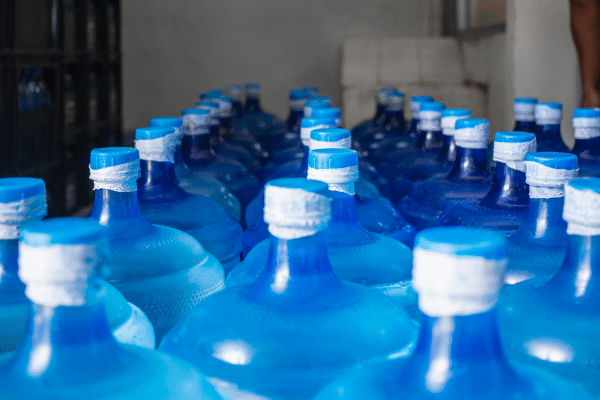
Proper water storage is crucial to minimize the risks of contamination. Clean, sanitized containers are the first step in ensuring water remains potable over time. Whether for emergency supplies or daily use, the quality of the water at the time of storage can significantly impact its shelf life. This segment explores the critical role of container cleanliness and the initial water quality, highlighting methods to ensure both are optimized for longer storage.
Choosing the right container for water storage is not a decision to be taken lightly. Containers made from food-grade plastic, glass, and stainless steel are often recommended due to their ability to keep water clean and safe over extended periods. Each material has its advantages and considerations, such as the prevention of light penetration or the avoidance of chemical leaching. This discussion outlines the benefits of various container materials, providing readers with the knowledge to make informed choices about their water storage solutions.
Understanding Shelf Life
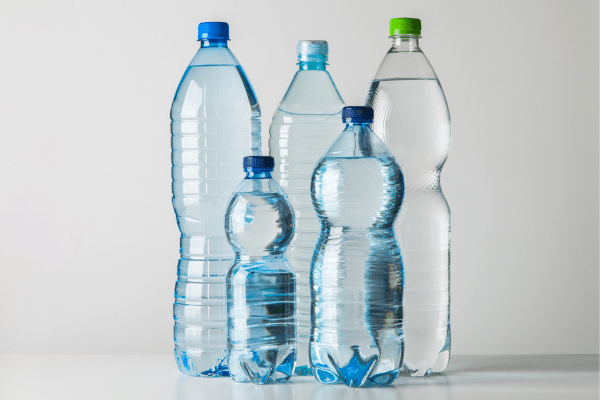
The shelf life of stored water is a topic of much interest and varies between commercially bottled water and home-stored water. Commercially bottled water typically comes with a best-by date, which serves more as a guideline than an absolute expiry date. In contrast, the shelf life of water stored at home can be influenced by several controllable factors. This section will compare these two scenarios, offering a clear perspective on what to expect from both.
Environmental factors such as temperature, light, and humidity play pivotal roles in determining the shelf life of stored water. For instance, water stored in a cool, dark place will last significantly longer than water stored in a warm, brightly lit area. This part of the discussion elaborates on how these environmental conditions affect water, providing practical advice on optimizing storage conditions to extend water’s usability.
Safe Storage Practices
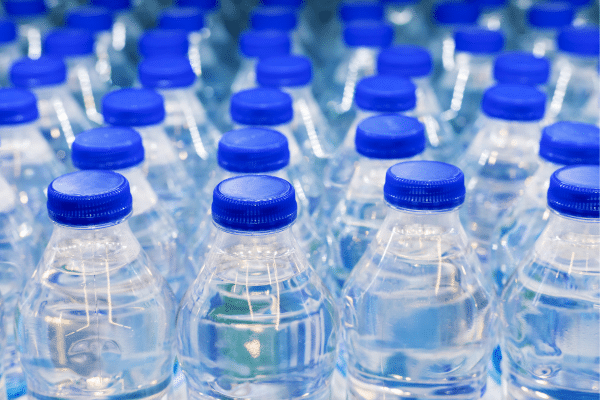
Storing water in a manner that guarantees its safety and freshness over time necessitates adherence to certain guidelines. Containers should be thoroughly cleaned and sanitized before being filled with water; this prevents the introduction of bacteria and other contaminants. It’s advisable to use a solution of bleach and water to sanitize the containers, ensuring all surfaces come into contact with the solution. After sanitizing, the containers must be rinsed with clean, safe water to remove any residual bleach. This step is crucial for maintaining the purity of the stored water.
Choosing the right location for storing water can significantly extend its shelf life. Water should be stored in a cool, dark, and dry place away from direct sunlight and extreme temperatures. These conditions help prevent the growth of algae and bacteria and reduce the risk of chemical leaching from the containers into the water. Basements or pantries are ideal locations, as they often meet these conditions. It is also important to place water containers off the ground on pallets or shelves to prevent contamination from floods or spills and to facilitate air circulation around the containers.
DIY Water Storage Solutions
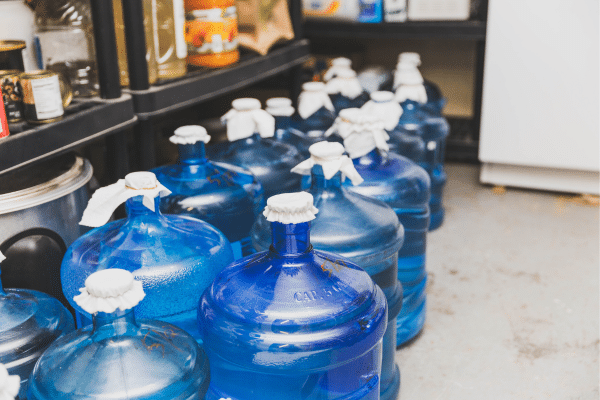
Treating water before storage is essential for ensuring its safety for long-term use. There are several methods available for treating water, including boiling, chemical treatment with chlorine or iodine, and filtration. Boiling is one of the most effective methods, killing bacteria, viruses, and parasites. However, it does not remove chemical contaminants. For that reason, combining boiling with filtration or chemical treatment is recommended for comprehensive safety. Chemical treatments are effective and convenient for large volumes of water, but it’s crucial to follow the manufacturer’s instructions carefully to achieve the desired safety levels.
After treating the water, it is important to store it properly to maintain its safety. Containers should be filled to the top to minimize the air space, as oxygen can promote bacterial growth. They should be tightly sealed with screw-on lids or airtight bungs to prevent contamination from the air and insects. Labeling each container with the date of storage and the expected shelf life helps in managing the rotation of water supplies. It’s advisable to use food-grade plastic, glass, or stainless steel containers, as these materials are safe and do not impart harmful chemicals into the water.
Regular Maintenance And Rotation
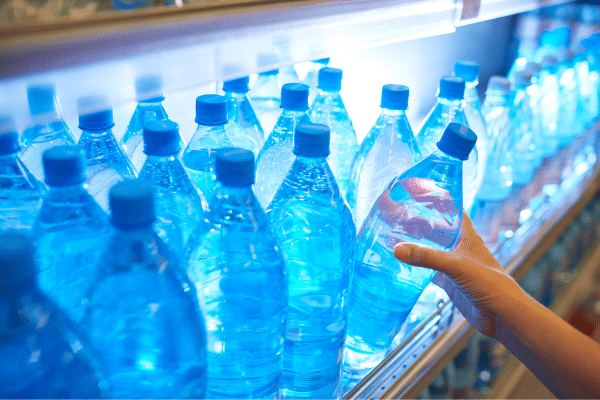
Maintaining a clean and safe water supply involves regular checks for any signs of contamination or leaks. Containers should be inspected at least annually for integrity and cleanliness. Any containers showing signs of wear, damage, or contamination should be cleaned, sanitized, and refilled with fresh, treated water. This practice helps in identifying problems before they compromise the safety of the water supply. Additionally, clear, consistent labeling helps track the storage date and facilitates the rotation process, ensuring that older supplies are used first.
Rotating stored water ensures that it remains fresh and safe for consumption. A recommended practice is to use and replace stored water on a first-in, first-out basis, similar to food storage. This rotation not only keeps the water supply fresh but also provides an opportunity to clean and inspect containers regularly. Establishing a rotation schedule, such as every six months or annually, depending on the storage method and conditions, ensures that water is always available and safe in times of need. It also reinforces the habit of water storage and maintenance as a regular part of household management.
Signs Of Contaminated Water
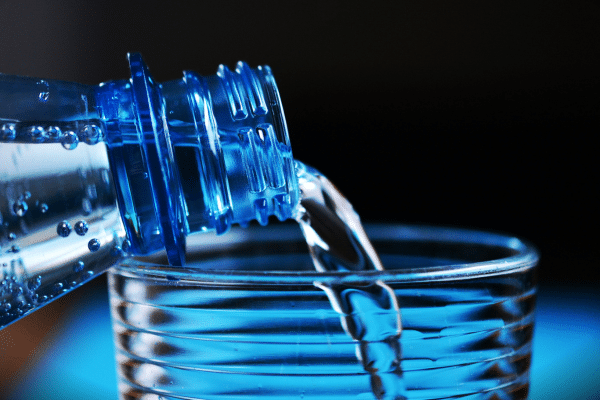
Recognizing the signs that water has become unsafe to drink is crucial for preventing health risks. Changes in the appearance, smell, or taste of stored water can indicate contamination. Water that appears cloudy, has visible particles, or develops an unusual color may be contaminated. Similarly, an off smell or taste is a warning sign that the water should not be consumed. These changes can result from the growth of bacteria or the introduction of contaminants into the water supply.
If contamination is suspected, the affected water should be disposed of safely, and the container must be thoroughly cleaned and sanitized before being reused. It’s essential to investigate the cause of contamination to prevent future occurrences. This may involve inspecting storage conditions, ensuring containers are properly sealed, and reviewing water treatment methods. Preventative measures, such as improving storage conditions or using more effective treatment methods, can help maintain the safety of the water supply.
Advanced Water Storage Options
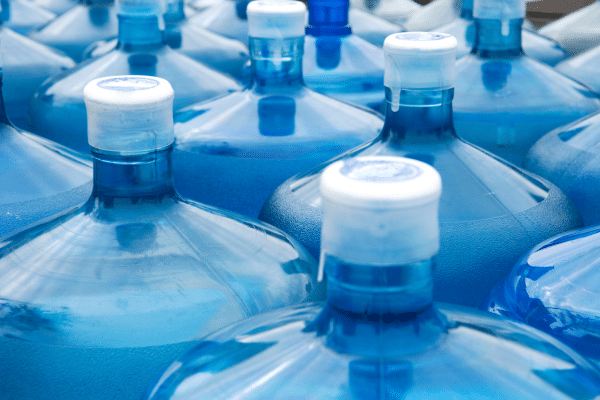
Exploring advanced water storage solutions can provide security and resilience, especially in areas prone to water scarcity or for individuals seeking greater self-sufficiency. Rainwater harvesting involves collecting and storing rainwater for later use, which can be an effective way to supplement water supplies. However, it requires proper treatment and storage to ensure safety. Systems should be designed to prevent debris and contaminants from entering storage tanks, and water should be treated before use, especially if it is to be consumed.
Underground cisterns offer another method for storing large volumes of water. These systems can keep water cool and reduce the risk of contamination from environmental sources. However, they require careful construction and maintenance to ensure water safety. Water stored in underground cisterns should be treated and tested regularly for contaminants. Both rainwater harvesting and underground cisterns require initial investment and ongoing maintenance, but they can provide valuable water reserves in times of need.
The Bottom Line
Understanding how long water can be stored, along with the factors influencing its shelf life, is essential for ensuring a safe, reliable water supply. From selecting the appropriate storage containers and conditions to regular maintenance and rotation, each step plays a crucial role in water safety. The significance of proactive water storage cannot be overstated, especially in emergency situations or during unexpected disruptions in water supply. By implementing the practices discussed, households can secure their water needs, reducing the risk of water scarcity and ensuring preparedness for various situations.